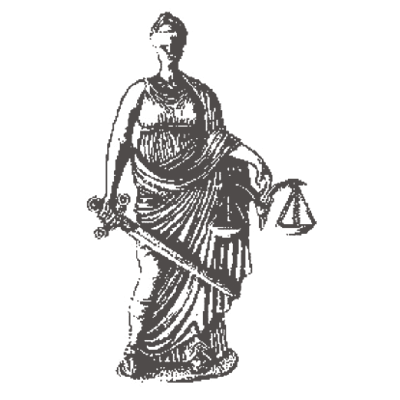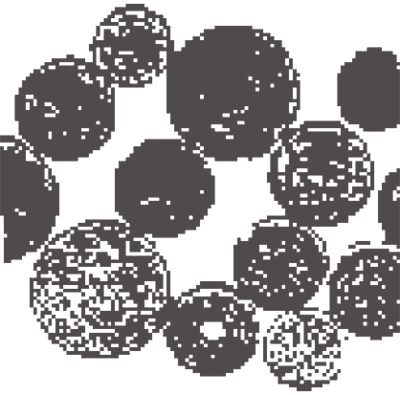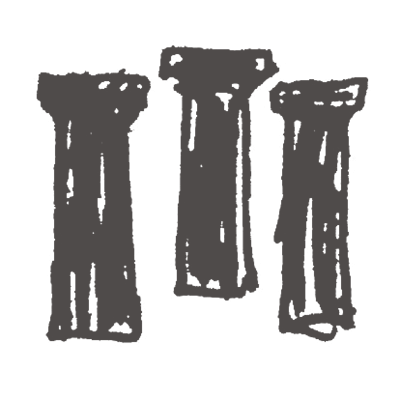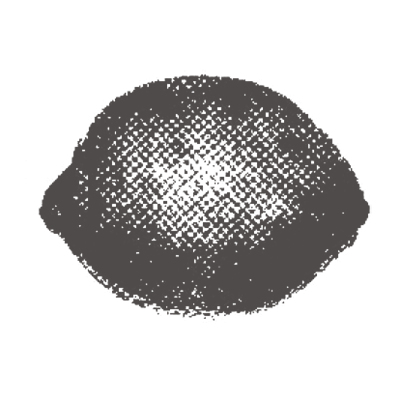If a national licensing system is inconsistent with EU law, sanctions cannot be imposed for violating that system
In a judgment issued on 22 June 2017 the Court of Justice took a negative view of the Hungarian system of licences for operation of online gaming. The judgment was preceded by an opinion by Advocate General Maciej Szpunar providing an excellent example of reasoning in cases involving restrictions imposed by EU member states on the freedom to provide services.

When the agent’s principal drives clients away
The Court of Justice of the European Union has ruled that a commercial agent may retain the right to a commission if the client intentionally refuses to perform the contract because the principal’s attitude has caused the client to lose confidence in the principal. The ruling also clarifies doubts surrounding the effect that partial non-performance of the contract has on the agent’s commission.

Troublesome multiple royalties
The award of multiple hypothetical royalties provided for in Poland’s Copyright Act is the subject of numerous debates and various rulings by the Constitutional Tribunal and the Court of Justice of the European Union.

Relying on third-party capacity to make the shortlist
Based on a recent judgment of the Court of Justice of the European Union, the provisions of the Polish Public Procurement Law permitting reliance on third-party capacity to demonstrate fulfilment of selection criteria are consistent with EU law.

In promoting foods, only the consumer’s interests count
The same requirements for nutrition claims and health claims prevail in communications targeted to specialists as in messages aimed at consumers. Consumer protection is the overriding priority.

Redress of damage from infringement of intellectual property rights
In a judgment issued on 9 June 2016, the Court of Justice ruled on the factors that should be considering when determining the extent of damage and the amount of reasonable compensation for IP infringement. The ruling was issued under Council Regulation (EC) 2100/94 on Community plant variety rights.

Conditions for lending resources must reflect the subject matter and purposes of the procurement
The proposed amendment of the Public Procurement Law, despite introducing certain changes in the rules for participation by third parties in performance of public contracts, does not resolve all doubts concerning the existing practice. For some of them, it would be helpful to consult the guidelines from a recent judgment of the Court of Justice.

Damages for moral losses from infringement of intellectual property rights
A holder of intellectual property rights that have been infringed may demand damages for non-economic loss even when the holder also seeks damages on the basis of hypothetical royalties.

Court of Justice: No legal connection between national leniency programmes and ECN model programme
In the EU system of antitrust law, the European Commission and the member states are autonomous in their application of leniency programmes. The soft harmonisation via the European Competition Network’s Model Leniency Programme is not binding on national competition authorities.

Contact lenses are not cosmetics
The varying definitions of life science products and applicable provisions of EU directives and regulations can confuse even the most experienced judges, as in the case of a recent preliminary ruling by the Court of Justice sought by the regional court in the German city of Krefeld.

Protection of highly distinctive trademarks
Conceptual similarity between trademarks may be sufficient to find a risk of confusion even when there is little visual similarity between the marks, if the earlier mark has become highly distinctive through its use.

End of the Safe Harbour programme: What next?
The Court of Justice has issued a judgment invalidating the European Commission’s Safe Harbour decision. This means that participation in the Safe Harbour programme by US entities is no longer grounds for European companies to transfer personal data of EEA citizens to the United States.
